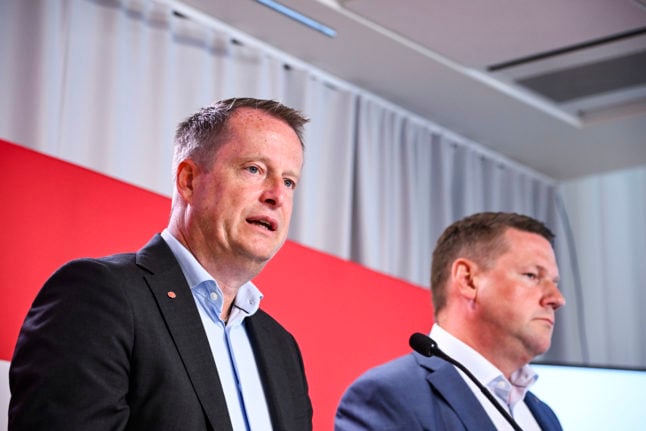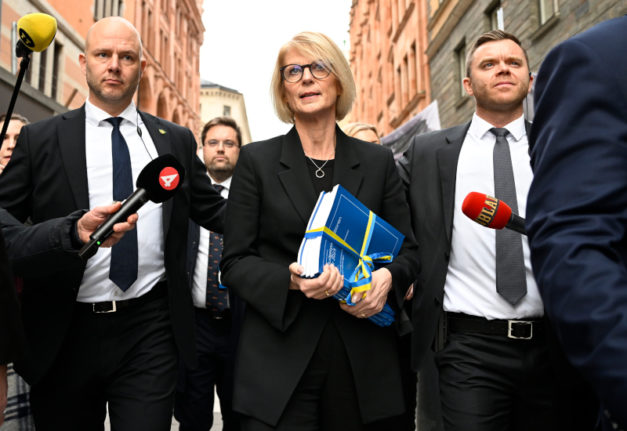“We need a joint offensive to break the segregation which is tearing apart our country,” integration and migration minister Anders Ygeman said in a press conference announce a package of measures on Monday.
His party, the Social Democrats, want to make it obligatory for municipalities to sign up all children over the age of three for preschool, if they or their parents have recently arrived in Sweden.
“We want more children with bad Swedish skills to start preschool, giving them a better chance of succeeding when they start school,” Ygeman said.
The measure would not be obligatory for parents, who would still be able to turn down a preschool place if offered one.
“We think that lots of parents will take this opportunity and we want it to be combined with outreach measures from the municipalities,” he said.
In addition to this, the Social Democrats want to force municipalities to contact residents who are eligible for SFI (Swedish for immigrants) classes in their area and encourage them to participate in classes.
The Social Democrats refer to this as “a municipal language responsibility”, proposing that municipalities would need to not only encourage residents to undertake SFI classes, but also monitor those offering the courses to make sure classes are up to scratch.
As part of the package, the party also proposed more resources for sporst in vulnerable areas in order to keep children and young people occupied and away from areas where they might be recruited by criminal gangs.
The Social Democrats believe that segregation has created exclusion, division and parallel societies, with Ygeman complaining that Sweden has had large-scale immigration combined with low integration “for a long time”.
“We’ve failed,” he said. “Politicians across the spectrum havee not taken segregation seriously enough, nor taken the measures needed to break it seriously enough.
“Sometimes, the discussion has been characterised by overly raw nerves.”
Ygeman pointed out that migration policy has been tightened since 2015 and that the Social Democrats want it to stay that way.
There is, however, still a relatively high number of migrants arriving in Sweden. In the first seven months of the year, almost 100,000 people were given a residence permit in Sweden, although almost half (43,000) of them Ukrainians granted asylum under the temporary protection directive.
“In 2015 we represented 13 percent of migration in the EU, now we’re on just under three percent,” Ygeman said. “But we have a lot of labour migration, where we’re now adapting to a system where we only accept those with qualifications.”
It’s not yet clear if the Social Democrats will receive support in parliament to approve these proposals.
“I hope there will be strong support in parliament for policy which breaks segregation,” he said. “We’re prepared to discuss and work together with all parties who want to lessen division and break segregation.



 Please whitelist us to continue reading.
Please whitelist us to continue reading.
Member comments